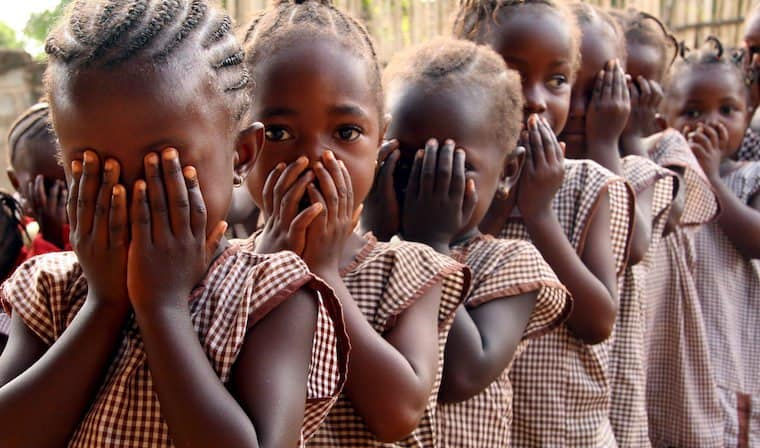Is the World White and Male? The myriad of Social Injustices that pervade our societies
- Chinasa Ken-Ugwuh

- Jun 5, 2020
- 3 min read
I am a Nigerian mother (so I’m Black-African and Female ) raising two daughters of the same profile. With these facts, I’m forced to confront the realities that face me in light of the recent racism and rape injustices in America and Nigeria respectively.
First is – I worry about the threat of feeling marginalised in my own country because I’m female and therefore myself and my daughters are susceptible to a myriad of sexual atrocities that our system has failed to protect us from or effectively address. Deep-rooted patriarchal norms still stifle and preclude women from exploring and achieving their potentials because of their gender.
Second is – the stark realisation that I do not have access to a fair playing field of opportunities outside my country because of my racial profile. So, it’s almost like a double whammy of unfairness owing to factors I have no control over.
You would understand then, why my friend Temi, who is also a mother of two girls says to me “ Should we leave the world – as it is apparently White and Male” . Her statement resonated strongly because even I was discombobulated knowing that in 2020, my deep-seated fear, anger and sadness from watching Alex Haley’s Award-winning movie – Roots, in the early 90s, and other such movies growing up, have really not remained that – history movies. Then, hearing stories of young females being gang-raped in different parts of my country, made me question the kinds of humans being bred in today’s world.
To me, racism and rape have two common denominators – inequality and control. It must be a sense of superiority and entitlement that makes a person inflict pain over another without any sense of remorse. For me, such faulty mindsets are enabled from the family units and the system only precipitates it.
For instance, in Nigeria, all sorts of traditional belief systems have existed for decades and remain the basis by which children are raised while precipitating gender inequality in various homes. Such belief systems deepen the patriarchal norms that give the male child an unfounded sense of entitlement while subduing the girl-child. It is the sense of entitlement given to the male child that makes him think even as a man, it’s his right to have his way with a female against her will for all sorts of excuses ranging from being his wife, a sex-worker, a friend etcetera.
Conversely, a child born in America to parents who have always believed that their skin-color affords them access to better opportunities, will only pass on the same beliefs to their children.
What is sad is that, in both situations (Nigeria and America), the institutions that are meant to protect all individuals irrespective of race and gender have failed to do so. It has thus become a hydra-headed issue that requires a collective effort to address sustainably, starting from the family unit.
If parents would evolve and do away with traditional beliefs and employ a balanced and objective approach to raising children, teaching them empathy and that respect or anything else is to be earned and not demanded, the world would be a lot better for it.
More now than ever, it is clear that the UN Sustainable Development Goals for Reduced Inequalities, Gender Equality, Peace & Justice Strong Institutions are all critical for the true development of our societies.
I’ll end with this reminder from one of the most transformational leaders of our times – “As long as poverty, injustice and gross inequality persist in our world, none of us can truly rest” Nelson Mandela.




Comments